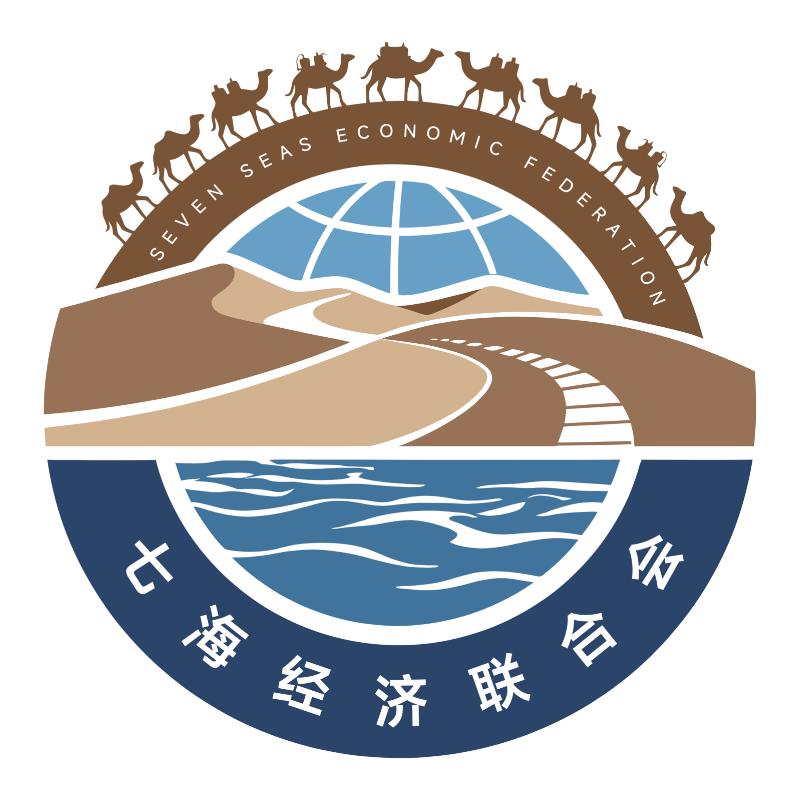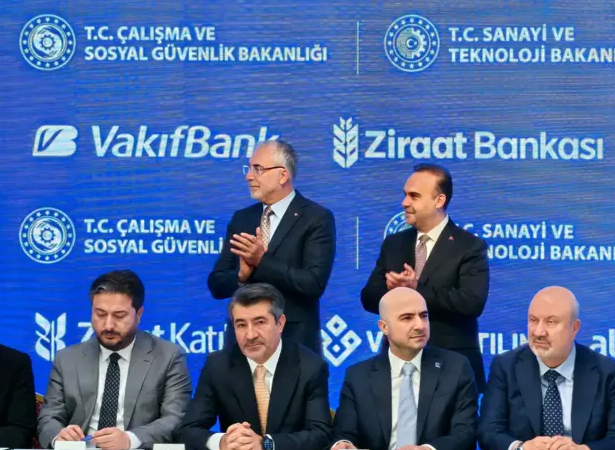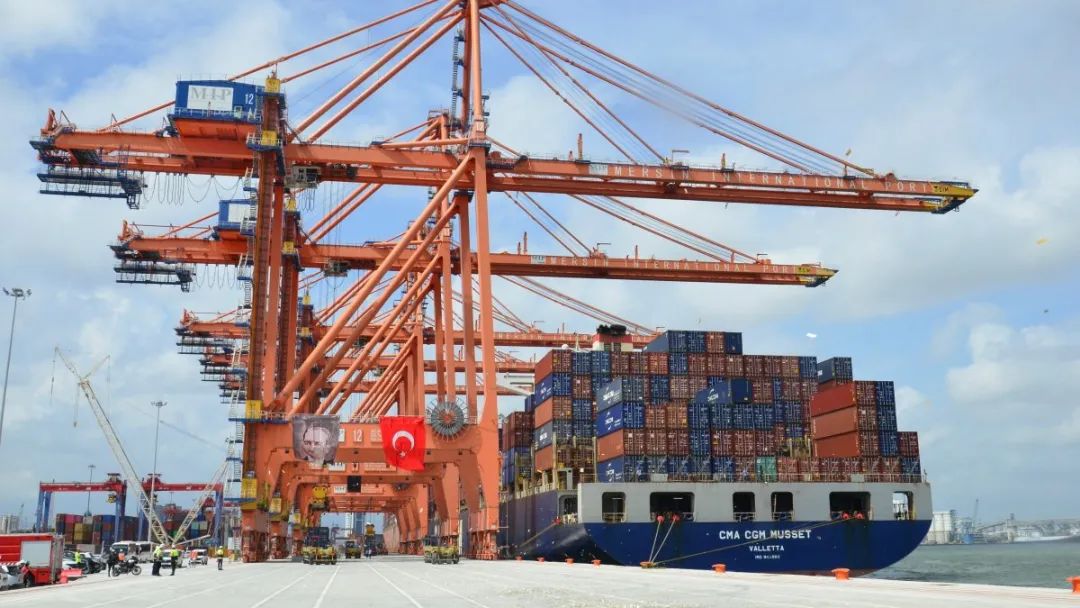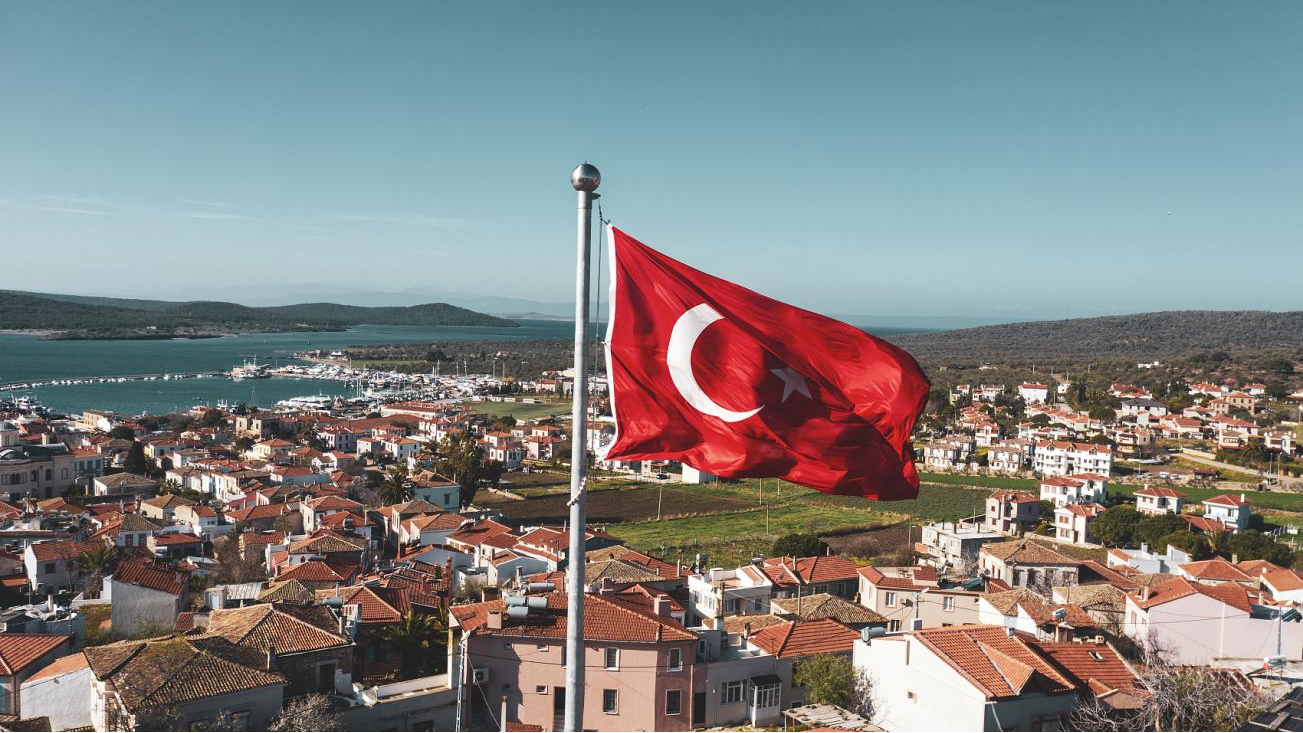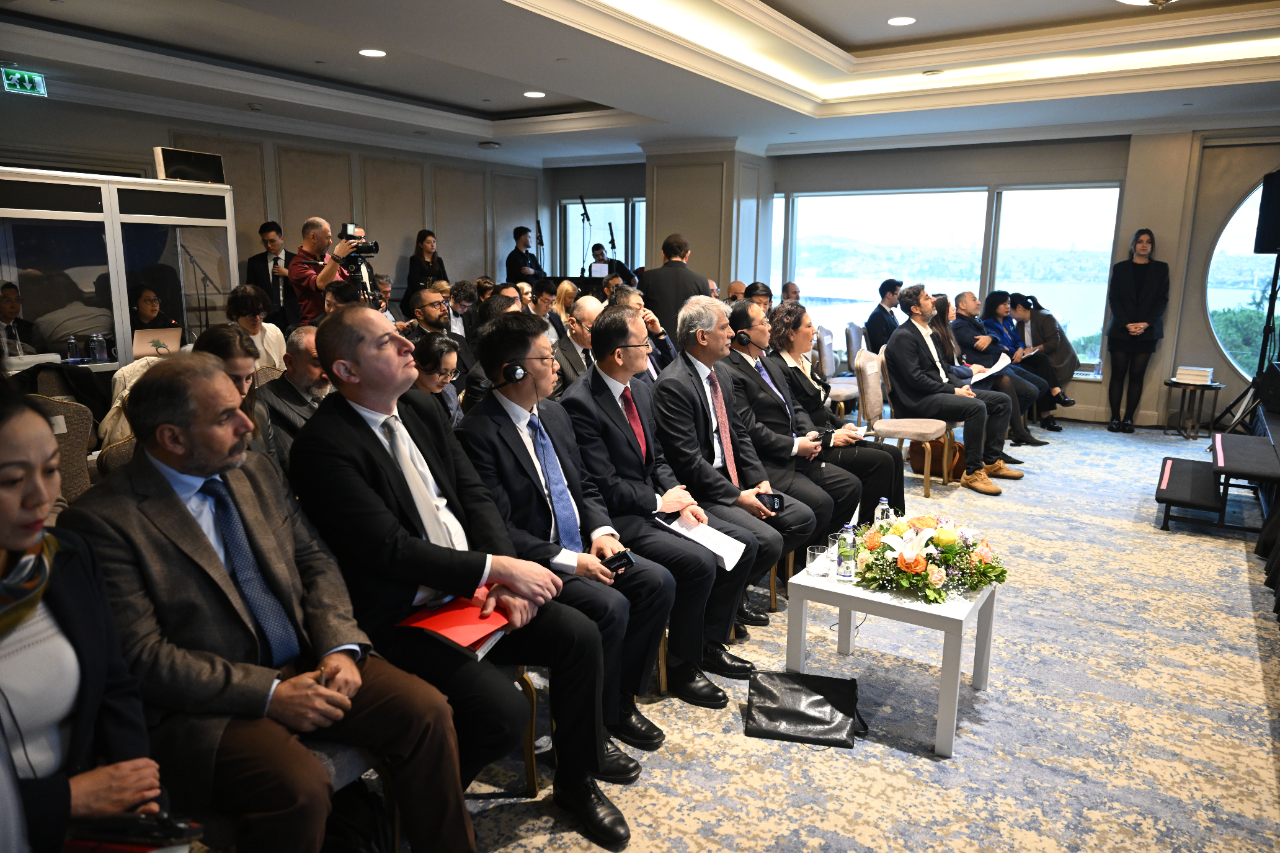Resolving economic and trade disputes

1 Lawsuit
The legal system of Türkiye is based on the codification system of civil law, which is divided into two systems: the judicial court and the administrative court. All courts are composed of three levels, namely first level courts, regional courts, and the Supreme Court. The Supreme Court of Türkiye is composed of the Constitutional Court, the Court of Appeal, the State Council and the Court of Jurisdiction Disputes.
The National Judicial Information System (UYAP) is an important part of Türkiye's litigation. This system allows judicial institutions, administrative units, and litigants to record case files through the UYAP system. During the litigation process, all case documents must be uploaded to UYAP, including the indictment, evidence, and other related materials, and online remittance can also be made.
The civil litigation procedure includes stages such as submitting the indictment, preliminary hearing, trial, oral hearing, ruling, and appeal. The lawsuit shall clearly list the name of the court, the names and addresses of both parties, the ID number number of the Türkiye claimant and the passport number of the non Türkiye claimant, the name and address of the lawyer, the cause and amount of the claim, the legal basis, etc.
Commercial disputes are generally conducted in commercial courts. Large commercial disputes are usually judged by a panel of three judges, while other disputes are handled by one judge. Large scale commercial disputes include monetary claims exceeding 300000 lire, as well as bankruptcy and restructuring cases of companies.
2 Arbitration
In Türkiye, arbitration has become one of the important channels for resolving commercial disputes. If there is an arbitration clause in the investment agreement, investors can choose domestic arbitration or international arbitration. Domestic arbitration shall be governed by the Civil Procedure Code of Türkiye, and international arbitration parties can freely choose any international institution, including but not limited to Istanbul Arbitration Center. If the place of arbitration is in Türkiye, but the parties have not reached an agreement on the applicability of any arbitration rules, the relevant provisions of Türkiye's international arbitration law shall apply in this case.
The Istanbul Arbitration Center (ISTAC) was established on January 1, 2015 and operates in accordance with the Istanbul Arbitration Center Arbitration and Mediation Rules. ISTAC is composed of the Court of Arbitration, the International Court of Arbitration, and the Secretariat. It has introduced provisions for expedited arbitration, emergency arbitrators, and temporary appointment of arbitrators, and its arbitration awards have certain binding force. When applying for arbitration, enterprises need to submit arbitration requests or litigation petitions to the Secretariat, and after paying the relevant fees, they can identify the arbitrator.

3 Mediation
Mediation is also one of the alternative methods for dispute resolution. According to the relevant laws issued in December 2018, from January 1, 2019, mediation has become a mandatory procedure in the trial of commercial disputes, which means that parties to commercial disputes must first apply for mediation to the mediator before applying to the court. The parties may appoint an independent mediator to assist them in resolving the dispute. Lawyers who have been practicing for more than 5 years apply to become qualified mediators by participating in mandatory courses and exams offered by the Ministry of Justice. Mediation has no compulsory effect, and mediators cannot force parties to perform, but it has the characteristics of speed, efficiency, and low cost. Usually, both parties can voluntarily fulfill the agreement through mediation. The Türkiye Bar Association can provide preliminary suggestions for enterprises on how to participate in mediation.
